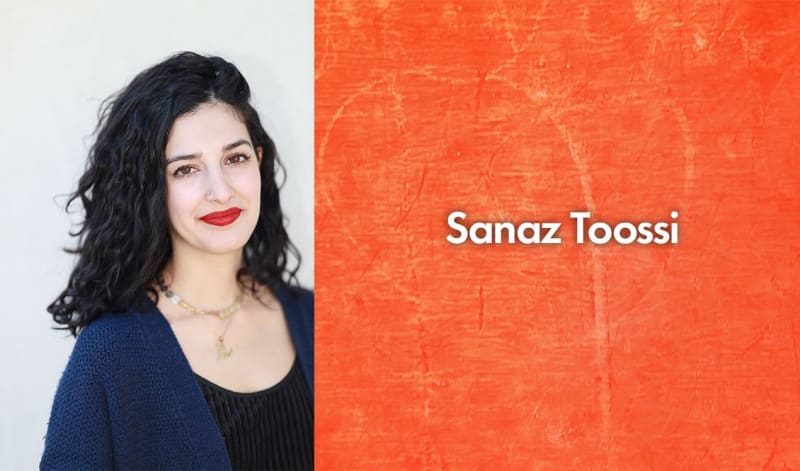
Roundabout Teaching Artist Leah Reddy spoke with playwright Sanaz Toossi about her work on English.
LEAH REDDY: What is your theatre origin story? How did you come to playwriting?
SANAZ TOOSSI: I was a weird theatre kid, so I had always loved and gravitated to theatre. After I graduated college, I had a bit of a meltdown; I felt my life going in a direction that scared me. So I decided to take a leap.
LR: What inspired you to write English?
ST: A lot: the disrespect for immigrants, my own insecurities over my English and Farsi-speaking abilities, how devastating it is not to be understood.
LR: I’m struck by the approach you took to having the characters - all of whom are native Farsi-speakers - speak unaccented English to indicate that they’re speaking Farsi, and accented English when they’re speaking English in the play. Can you tell us how you landed on this approach?
ST: I'd played with this conceit before when trying to write a family drama. I grew up in a bilingual household, and I felt that for an audience to truly empathize with my (native Farsi-speaking) characters, I couldn't actually write dialogue in Farsi, because the Farsi would act as a barrier to understanding the characters' inner lives. I've changed my mind about this. I love hearing different languages onstage. It certainly does not keep me from engaging. And in a way, I was re-enforcing the notion of non-English as "other." Still, this conceit works for English, because to understand the difficulty of the English, you really have to understand the comfort of the Farsi and thus the tragedy of being robbed of your mother tongue.
LR: Can you talk about your collaboration with director Knud Adams on this production?
ST: I think Knud looks at everything from a fascinating tilt. I like to work with directors who understand the heart of my play but also make me think about it differently. And we're very aligned on what we're trying to create and what we're not trying to create. Is English a political play? Yes, as much as any other play. But it's also a comedy. It's rooted in a space. The play has a thesis that we're going to honor, but we also want to create something beautiful and interesting.
LR: What advice do you have for young people who want to write for the theatre?
ST: Write a lot! Don't be afraid of the first pancake. Overcome your fear of writing trash. Be kind to yourself as you find your voice.

